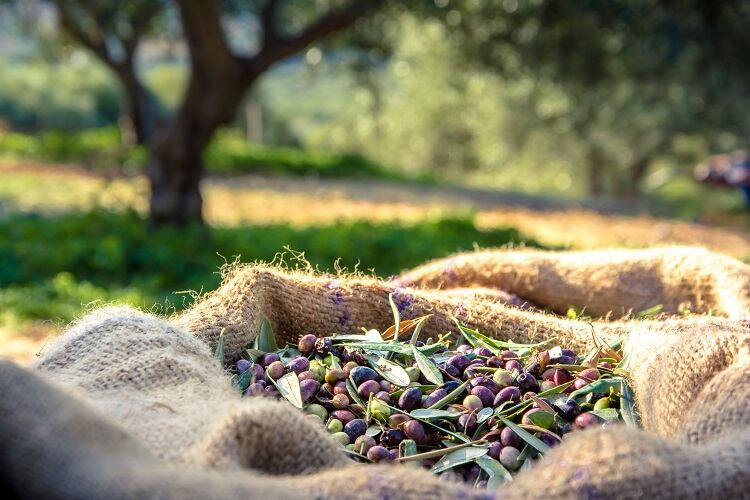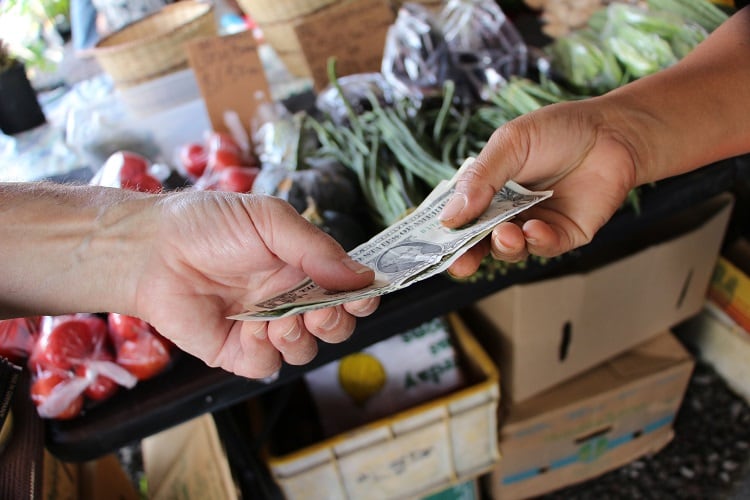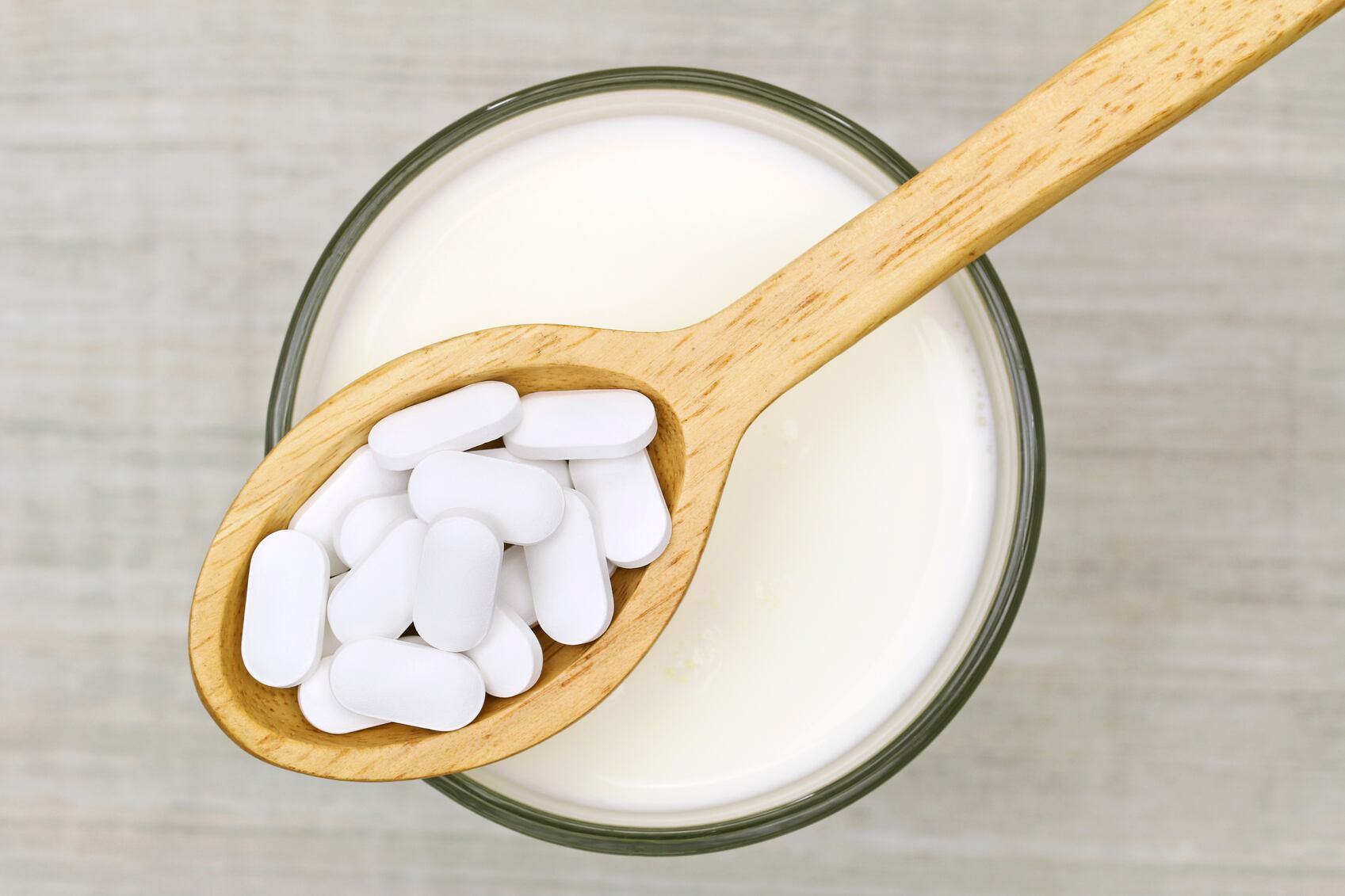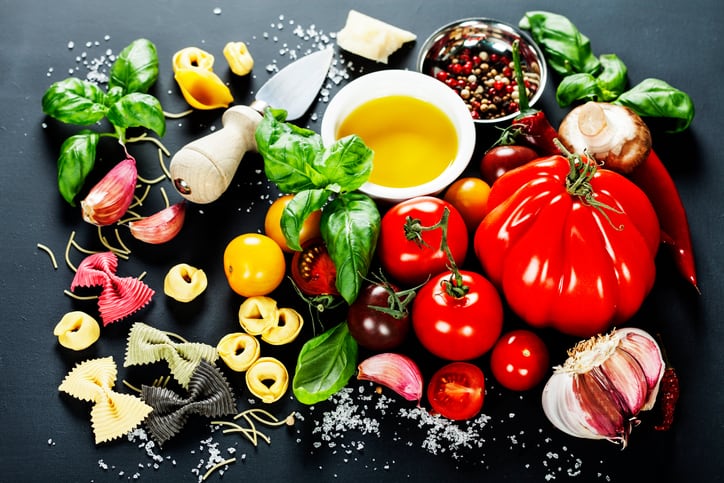Spanish multinational Deoleo is best known for its brands Bertolli, Carapelli and Carbonell. The company sells olive oil to more than 100 countries and boasts 10% global market share.
In an effort to boost sustainability efforts and ensure a quality-driven future for the olive oil sector, Deoleo has aligned with the United Nations Sustainable Development Goals (UN SDGs) to develop protocols for its olive growers in Spain and Italy.
The company has also signed agreements with a number of farmers’ cooperatives committed to sustainable production, including the Almaliva Group of mills of the Subbética (Córdoba), the Union of Small Farmers (UPA) and Viñaolica (Badajoz).
According to Miguel de Jaime, the company’s chief commercial officer, the protocols are underpinned by a commitment to achieve 100% sustainably produced olive oil for 80% of its oils, by 2023.
“As global leaders, we take the responsibility to protect and grow the olive oil category worldwide – starting obviously in Spain and in Italy,” de Jaime told FoodNavigator. “The countries where we have our plants, and where we are from.”
Quality vs quantity
Deoleo’s sustainability protocols align with 12 out of the 17 SDGs, including zero hunger, quality education, gender equality, climate action, and life on land.
For SDG 2 (zero hunger) for example, Deoleo has committed to improve food security. Subcategories include partnering with local farmers, implementing certified training plans, and supplying long-term agreements.
Another pledge, which relates to SDG 15 (life on land), will see Deoleo’s partners commit to certified biodiversity, water, and agrochemical control plans.
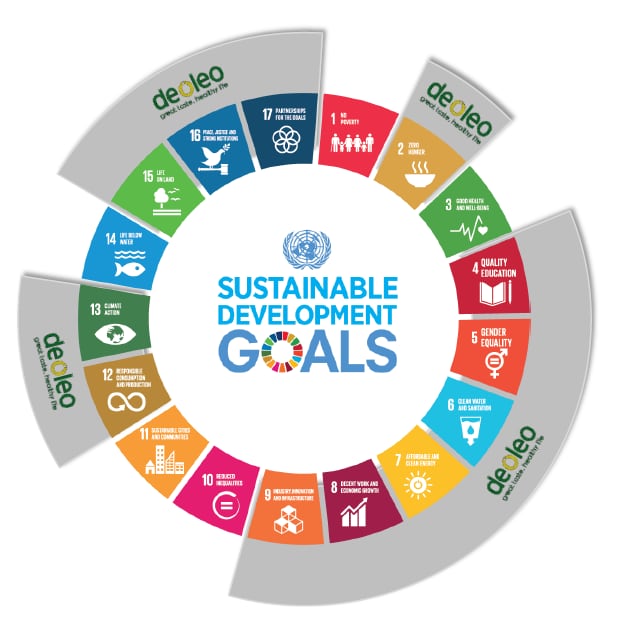
The impetus for change, according to Deoleo’s de Jaime, came from a need for a more sustainable future – both for the future of the industry, and the environment.
“We realised that the current [olive oil] model worldwide is not sustainable. As a business model, there is an oversupply of olive oil, because every 10 seconds, one new olive tree is planted in the world,” de Jaime told this publication. “This means that there will be an imbalance between production and demand.”
De Jaime predicts that in the long-term, an oversupply would drive down prices across the entire value chain, “from the farmers to the bottlers and retailers”. Further, an oversupply would invariably mean less focus on quality, he continued. “Our company is striving to create a category that pays attention to high quality, differentiated and sustainable products on extra virgin olive oil.”
This question of quality vs quantity in the olive oil sector can also be linked to a producer’s ‘cropping’ or picking schedule. When the olives are cropped earlier in the season, around October and November, they produce a more bitter, pungent, and antioxidant-rich oil. The yield of this crop is usually around 17-18%, explained de Jaime.
When farmers crop later in the season, around February and March, they obtain a greater yield – of around 21-22%. However, at this time of year, the olives can be overripe and filled with more water. This makes for less oil, and a lower quality product.
“So we are paying our farmers to crop earlier. We pay for the decision to have better olive oil,” he told us.
Environmental and social sustainability
Deoleo’s protocols also aim to protect and preserve the environmental and social aspects of the olive oil sector. Cropping earlier, for example, is better for the tree, de Jaime explained. It gives “the tree more time to grow better olives for the coming year, so that you don’t exhaust the tree”.
In addition, the company is promoting what de Jaime referred to as the ‘green carpet’ – the planting of grass in between the trees to detract insects away from the olives, and attract birds to the groves. Deoleo is also working to protect local varieties of olive trees, and those in remote locations, to promote biodiversity and offers “consumers a diverse, different and taste olive oil”.
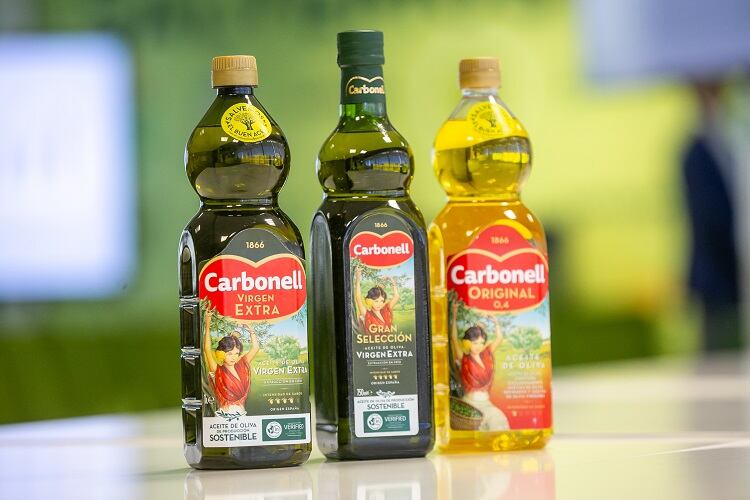
Deoleo’s protocols provide farmers with education, to teach them how to best use resources such as land and water, as well as ensuring the right amount of fertiliser is applied at the right time. “This means that we are reducing the water consumption and protecting the trees and land,” he added.
What can the consumer expect?
The company is launching education campaigns for consumers in the coming months, starting in Spain with its Carbonell brand. Deoleo will launch a pilot with US retailer Kroger under the same brand.
“In the coming years, we will be incorporating more farmers, cooperatives and mills into this project. The aim of the company is to have, by 2023, 80% of our olive oil under the sustainability protocol,” said de Jaime.
Deoleo has partnered with third-party firm Intertek to audit and certify its protocols and processes. Once certified, the bottles will carry a seal that communicates the sustainability message to shoppers.
Consumers that purchase oil with this label can “expect a product that is more tasty, unique in flavour and aroma, ethically sourced, and of guaranteed quality,” said the chief commercial officer. “You know that by consuming this product you are contributing to Mother Nature, you are buying something that is sustainable for the earth and for local communities, as well as for the carbon footprint.”
But will consumers observe a premium price on sustainably-labelled bottles? “We will take the financial hit,” de Jaime told this publication. “Today, we are not raising the prices due to the sustainability protocols…but in the end, I think we need to come to a business model in the category that is different from today's.
“We are showing consumers that there are different products and flavours, and that you get what you pay for.”


